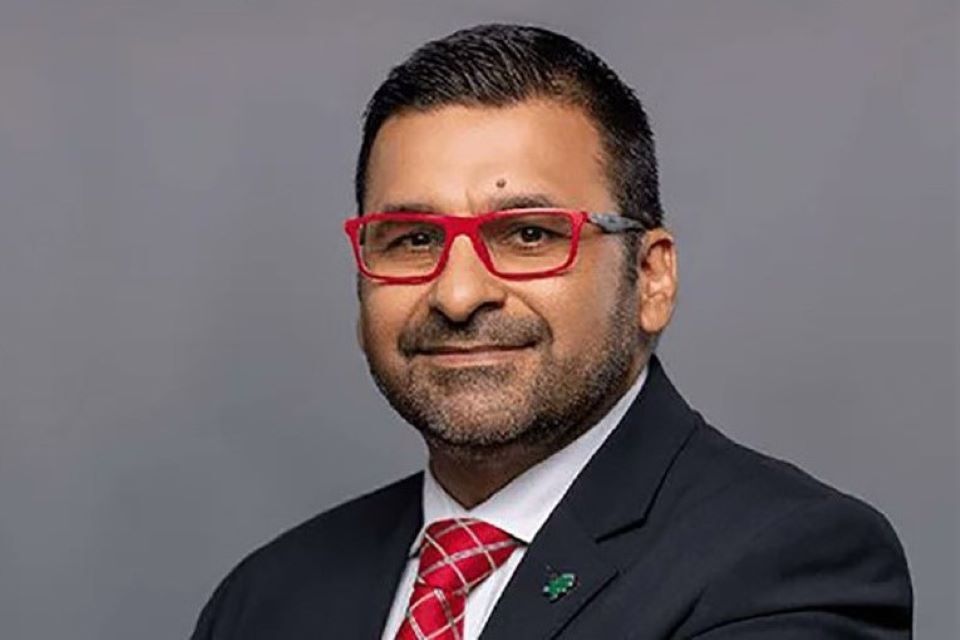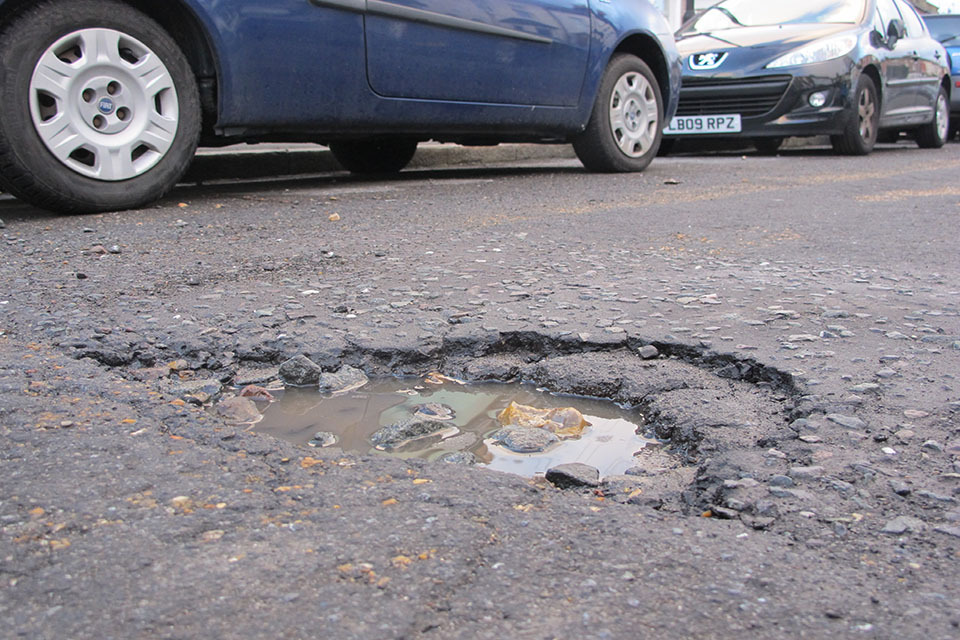High Commissioner perspective a society transformed
Lisa Chesney MBE, British High Commissioner to Uganda, said
The International Day of Persons with Disabilities, observed globally on December 3, reminds us of the critical importance of disability inclusion. Last week, I attended a celebration in Uganda for the International Day of Persons with Disabilities, organized by the Ministry of Gender, Labour, and Social Development. I was deeply moved by the stories of resilience and achievement shared by the disabled people I met.
Disability inclusion strengthens businesses and uplifts nations. Research shows that investing in disabled people’s health, education, and employment could boost Uganda’s GDP by 3%. When society includes everyone, we all benefit, creating a stronger, fairer, and more productive nation.
Uganda has made great progress, with policies like the Persons with Disabilities Act 2020 and initiatives such as the UK-funded Inclusion Works, which have empowered disabled individuals to start businesses and gain independence.
However, more work is needed to turn laws into action. For example, I heard from some members of the parliamentary forum on disability and activists that despite best intentions, fiscal and urban plans often do not meet the defined accessibility requirements. Policies should also translate into actions towards meaningful employment of people with disabilities. Such steps are crucial for lasting progress.
The International Labour Organisation link inclusive employment practices with increased productivity, innovation, and financial returns. Yet many employers remain biased against disabled people. One example is Nankoma Fatuma, a graduate with hearing impairment, who struggled to find work until she received support from a UK-funded programme to start her own business, employing two other people with disabilities. Nakoma’s story is a testament of returns to investment on people with disabilities and evidence of how much potential is lost due to discrimination.
The Ministry of Gender, Labour, and Social Development recently announced plans to reward businesses excelling in disability inclusion. I look forward to seeing these trailblazers recognized and hope their success inspires others. On 12 December 2024, British Council will also host an event focused on amplifying the leadership of persons with disabilities especially women and girls.
The UK is proud to support disability inclusion, from co-hosting the 2018 Global Disability Summit to supporting over 3,000 children with disabilities through the Girls Education Challenge. We also help disabled entrepreneurs access digital tools, increasing their market reach by 25%, and support healthcare workers to respond to the reproductive health needs of disabled people. I am committed to continuing this important work through the British High Commission.
CEO perspective inclusion drives innovation
Sanjay Rughani, CEO of Standard Charter Bank Uganda, said
At Standard Chartered Uganda, we believe in opportunities for all. It’s not just a moral stance—it’s a business imperative. Disability inclusion enhances innovation, expands market potential, and increases productivity. Yet, too often, the talents of millions of people with disabilities in Uganda remain untapped.
With over 4.5 million Ugandans living with disabilities, representing just over 12% of the population, the unrealized economic and social potential is staggering. Stigma and lack of access to education and employment are persistent barriers. Only about 9% of children with disabilities attend school, and unemployment among people with disabilities is disproportionately high.
At Standard Chartered, we’ve embraced disability inclusion as a cornerstone of our operations. Through programs like EmployABLE, we equip people with disabilities with job-ready skills, mentorship, and employment opportunities. This isn’t charity; it’s strategy. Employees with disabilities bring resilience, problem-solving skills, and a unique ability to innovate. For instance, our Sustainability Manager, Deus is visually impaired. This has not deterred him from leading all our community impact initiatives under Futuremakers, initiatives that have impacted over 100k beneficiaries through various local partners and earned the Bank the social license to operate but also manifests our Brand Promise, Here for good for our communities.
Our investments don’t stop at recruitment. We’ve made branches physically accessible, with ramps, audio-equipped lifts, and inclusive digital banking platforms like Straight2Bank. Every step makes a difference. Research shows that inclusive workplaces experience higher employee engagement and productivity, fostering a culture where everyone thrives.
To Uganda’s business community we have an opportunity to transform our workforce and economy. Let’s move beyond token gestures and create real opportunities. Disability inclusion is not just about doing good—it’s about doing well.








